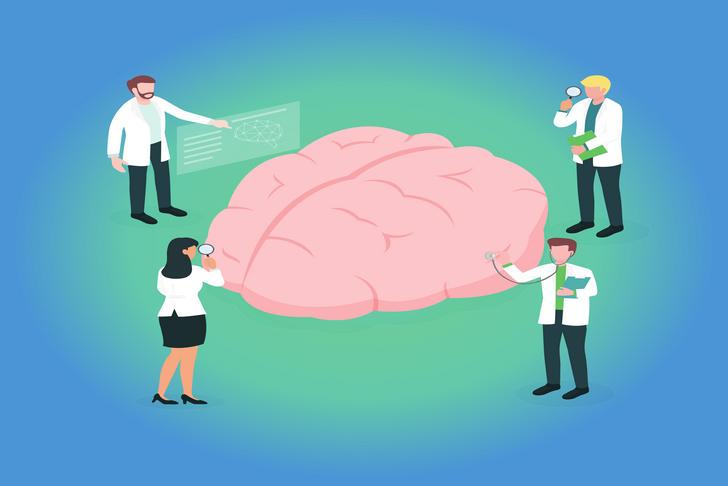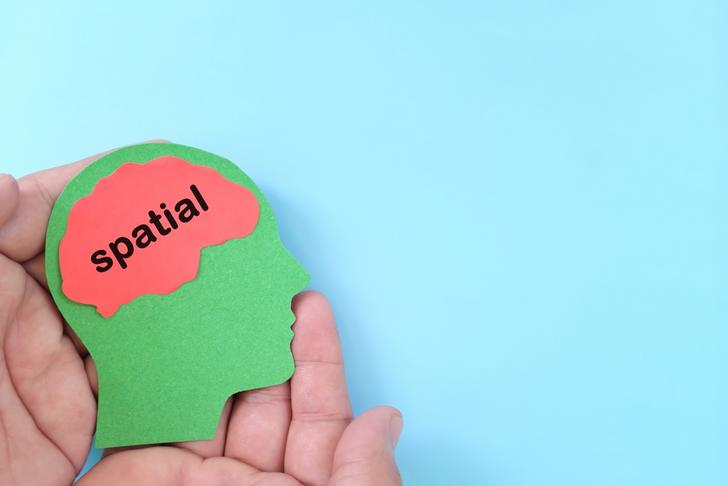10 Most Common Symptoms of Dementia
Dementia is a general term for a decline in mental ability severe enough to interfere with daily life. It is not a specific disease, but rather a group of symptoms that affect memory, thinking, and social abilities. In this article, we will discuss the 10 most common symptoms of dementia, which can help in early detection and intervention.
Memory Loss
One of the most common and early signs of dementia is memory loss, particularly short-term memory. People with dementia may forget recent events, appointments, or conversations, and may ask the same questions repeatedly. They may also rely heavily on memory aids or family members for things they used to handle on their own[[1]].
Short-term memory refers to the difficulty in retaining and recalling recently acquired information or events. Individuals with dementia may struggle to remember recent conversations, appointments, or where they placed items. They may forget recent experiences, such as what they ate for breakfast or who visited them earlier in the day. This can lead to repeated questioning and a sense of disorientation.
As dementia progresses, long-term memory may also be affected. Individuals may struggle to recall significant events from their past, such as important milestones, names of family members or friends, or personal experiences. However, it is worth noting that some individuals with dementia may retain long-term memories better than short-term memories, leading to situations where they can vividly recall events from their youth but struggle with recent memories.
Memory aids and external support become crucial for individuals with dementia. They may rely on tools such as calendars, reminder notes, and electronic devices to compensate for their memory deficits. Caregivers and family members often play a crucial role in helping individuals manage their daily activities and ensure important tasks and appointments are not overlooked.

Advertisement
Difficulty with Planning and Problem Solving
People with dementia may experience difficulty with tasks that require planning, organizing, or following a sequence. This can include managing finances, following a recipe, or keeping track of personal items. They may also struggle with problem-solving and decision-making[[2]].

Advertisement
Difficulty with Language and Communication
Dementia can cause problems with language and communication, such as difficulty finding the right words, repeating phrases, or struggling to follow or join a conversation. They may also have trouble understanding written or spoken language[[1]].

Advertisement
Disorientation and Confusion
People with dementia may become disoriented and confused, even in familiar environments. They may have difficulty recognizing familiar faces, places, or objects, and may become lost easily. This can lead to feelings of anxiety and frustration[[2]].

Advertisement
Changes in Personality and Mood
Dementia can cause changes in personality and mood, such as increased irritability, depression, or anxiety. People with dementia may become more withdrawn, lose interest in activities they once enjoyed, or exhibit inappropriate behavior[[1]].

Advertisement
Difficulty with Visual and Spatial Abilities
Visual and spatial abilities can be affected by dementia, making it difficult for individuals to judge distances, recognize objects or faces, or navigate their environment. This can lead to problems with driving, reading, or completing tasks that require hand-eye coordination[[2]].

Advertisement
Poor Judgment and Decision-Making
Dementia can impair a person’s judgment and decision-making abilities. They may make poor choices in social situations, have difficulty managing money, or neglect personal hygiene and self-care[[1]].

Advertisement
Apathy and Loss of Initiative
Apathy, or a lack of motivation and initiative, is a common symptom of dementia. People with dementia may lose interest in hobbies, social activities, or personal care, and may require prompting or encouragement to engage in daily tasks[[2]].

Advertisement
Agitation and Restlessness
Agitation and restlessness are common symptoms of dementia, particularly in the later stages. People with dementia may become easily upset, restless, or agitated, and may have difficulty sitting still or sleeping. They may also exhibit repetitive behaviors, such as pacing or hand-wringing[[3]].

Advertisement
Sleep Disturbances
Sleep disturbances, such as insomnia, sleepwalking, or nighttime wandering, are common in people with dementia. These disturbances can disrupt the sleep of both the person with dementia and their caregivers, leading to increased fatigue and stress[[3]].

Advertisement
Causes of Dementia
As discussed, dementia is not a single disease but a broad term describing a range of symptoms associated with memory decline or other thinking skills severe enough to reduce a person’s ability to perform everyday activities. There are several causes of dementia, including:
Alzheimer’s disease: This is the most common cause of dementia. It occurs due to abnormal protein build-ups in the brain, leading to a steady decline in cognitive abilities.
Vascular dementia: This type of dementia is usually due to stroke or small bleeds in the brain, damaging the brain’s blood vessels, thus preventing normal blood flow and depriving brain cells of the nutrients and oxygen they need.
Lewy body dementia: Lewy bodies are abnormal protein deposits that disrupt the brain’s normal functioning.
Frontotemporal dementia: This is a group of conditions characterized by the progressive degeneration of the temporal and frontal lobes of the brain.
Advertisement
Treatments for Dementia
While there’s currently no cure for most types of dementia, there are treatments that can manage symptoms. These include:
Medications: Certain medications can help manage memory symptoms and other cognitive changes in some people. For instance, cholinesterase inhibitors and memantine can be used to treat Alzheimer’s disease.
Therapies: Occupational therapy can help people with dementia stay independent for longer by teaching coping behaviors and strategies to prevent accidents, manage behavior, and prepare for dementia progression.
Lifestyle changes: Regular physical activity, a healthy diet, and maintaining social interactions can all help slow cognitive decline in people with dementia.
Advertisement
Conclusion
Dementia is a complex condition with multiple causes ranging from Alzheimer’s disease and vascular dementia to Lewy body dementia and frontotemporal dementia. Its impact on memory and other cognitive abilities can significantly impair a person’s daily functioning. While current treatment strategies can’t cure dementia, they can help manage its symptoms, improve quality of life, and slow the progression of the disease.
Recognizing the common symptoms of dementia is a crucial step in early detection and intervention, which can significantly impact disease management and progression. If you or a loved one are experiencing symptoms associated with dementia, it is vital to consult with a healthcare professional. Early diagnosis can pave the way for appropriate treatment strategies, enabling individuals with dementia and their caregivers to plan for the future and maintain the highest possible quality of life.

Advertisement





